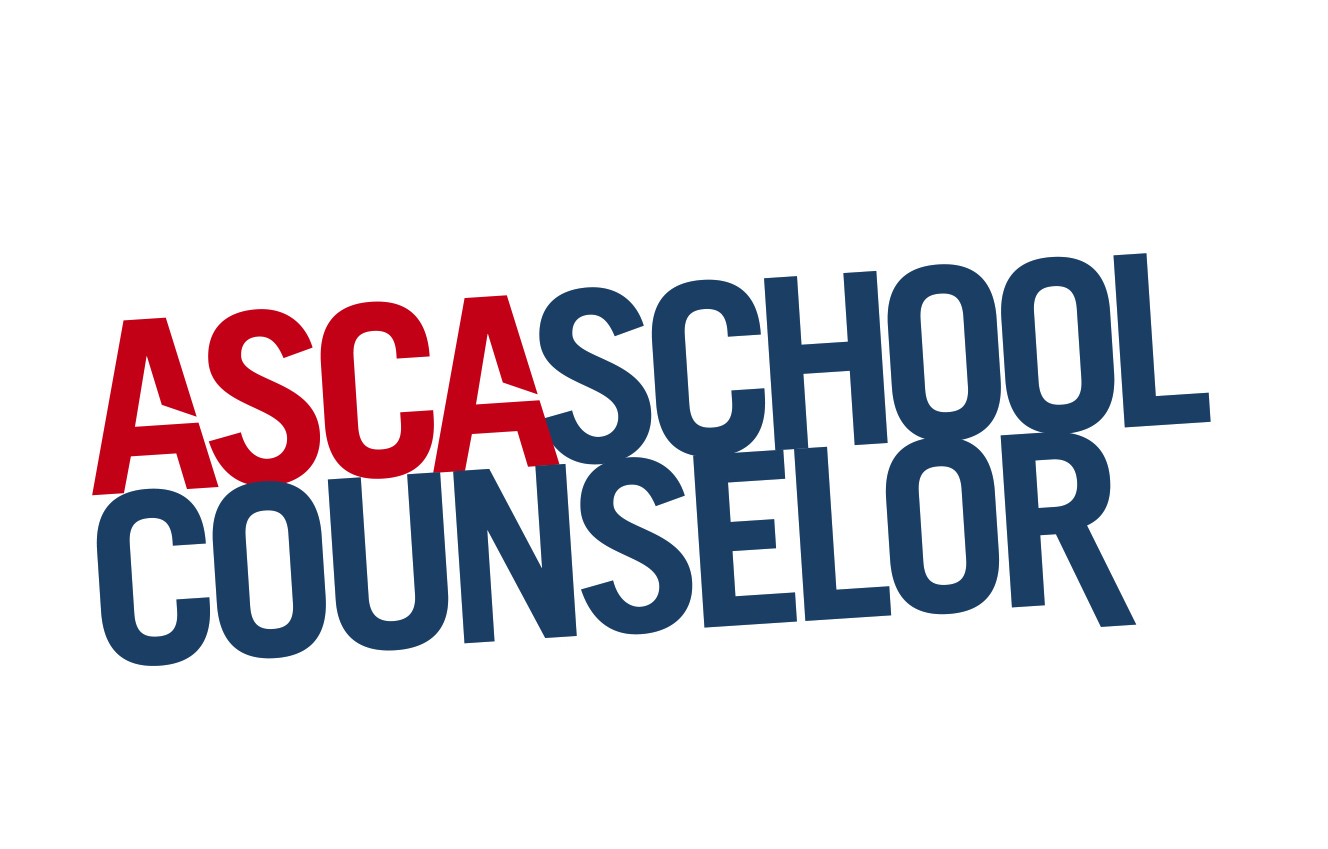Your Freedom: It's Up for Debate
Author(s): Carolyn Stone, Ed.D.
May 1, 2010
Scenario: You are a dedicated, accomplished professional. You go above and beyond to deliver a responsive school counseling program, and no one ever doubts your motives or effectiveness. You would never do anything to diminish the hard-earned respect and shining reputation you enjoy from your school community. In your personal life, you are in a long-term relationship and you have fun with your significant other through playful responses such as sexting (the passing of nude or partially nude photos). One day, you receive a sextext from your boyfriend, and before you can dismiss it your attention is diverted by a squabble in the hallway. You quickly place your phone face down on your desk and investigate the hallway noise to find all is under control with your administrator taking action. The student left waiting for you in your office absentmindedly starts fiddling with items on your desk and when she picks up your phone it comes to life, and there in the palm of her hands is the naked picture of your boyfriend. The fallout results in your dismissal. Should you have lost your job for something that was personal and would never have happened if the student had not meddled with your things?
Get together with other school counseling professionals, and debate the above scenario. When school counselors have considered this case in legal and ethical workshops it sometimes becomes a hotly debated issue with some school counselors wanting to blame the student for touching the school counselor’s private property while the opposite side maintains the school counselor committed a grievous error. Where do you stand on this issue? Where do your colleagues stand? After the debate discuss the following points with your colleagues:
- Should school counselors be expected to exercise a higher standard of care than other educators given the uniqueness of their preparation, which emphasizes the personal, social, emotional world of education?
- Consider the unique preparation of school counselors. which emphasizes confidentiality and the foundation of trust on which the profession is built. Does this place the school counselor in a heightened position of trust when it comes to protecting the personal, social and emotional well-being of children in our care (even more so than the principal)?
- Given the high standard of care this school counselor has always exercised should this have been given more consideration and weight and softened the punishment for the error, perhaps resulting in a reprimand instead of a loss of employment?
- On balance, is the onus on the school counselor to protect the student who is mandated to be in the school and was summoned to the school counseling office?
- Should this be considered exposing the student to pornography (as was the situation in the real case, which involved a teacher rather than a school counselor)?
- Should the developmental and chronological level of the child be taken into consideration when considering the school counselor’s punishment?
- Should any personal activity of a school counselor that is contrary to the core mission of schools and fundamental civil and civic values be scrutinized even if the behavior is in cyberspace?
- React to this statement by the superintendent of Charlotte-Mecklenburg School District in responding to an incident where a teacher used racial slurs on Facebook: “When you're in a professional position, especially one where you're interacting with children and parents, you need to be above reproach” (Helms, 2008, para. 8).
Carolyn Stone, Ed.D.is a professor at the University of North Florida and co-chair of ASCA’s Ethics Committee. She can be reached at cstone@unf.edu.

